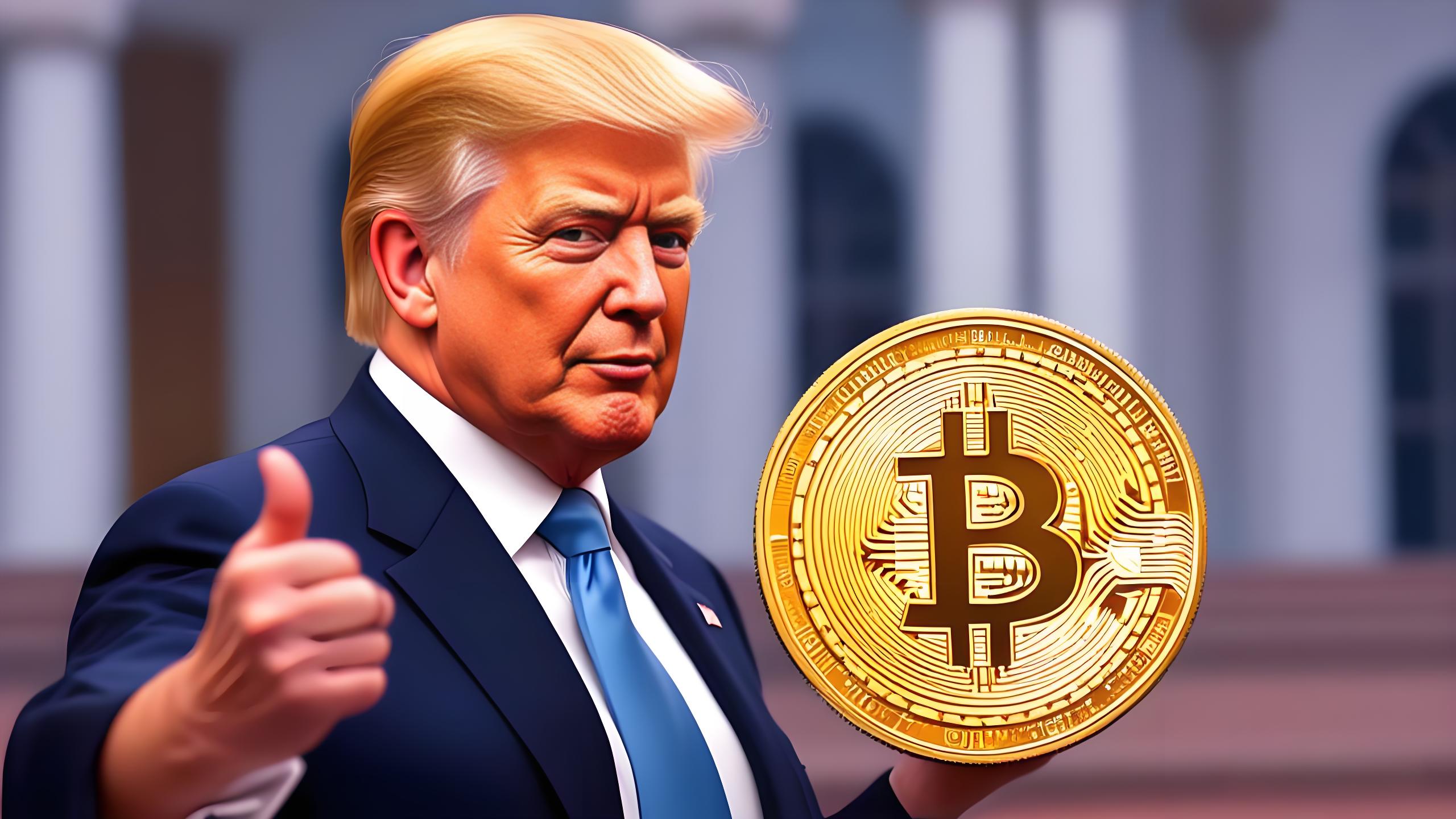In a notable shift that could reshape the financial strategy of the United States, senior members of former President Donald Trump’s digital asset advisory council have signaled interest in accumulating a national Bitcoin reserve—potentially funded through tariff revenues rather than taxpayer dollars.
Bo Hines, Executive Director of the Trump-era Council of Advisers for Digital Assets, recently discussed the idea during a widely viewed interview with digital asset commentator Anthony Pompliano.
Hines laid out a broad vision for how the U.S. might establish a substantial Bitcoin reserve without resorting to new taxes or budget reallocations.
“We’re looking at all options that don’t impose a burden on citizens,” Hines said during the conversation. “If we’re going to treat Bitcoin like a strategic asset, we need creative, sustainable ways to acquire it at scale.”
One proposal gaining internal attention involves redirecting proceeds from import tariffs—a concept that aligns with economic projections made during Trump’s tenure. A past White House economic assessment had estimated that a universal 10% tariff could stimulate the U.S. economy by over $700 billion, offering a potential pool of funding for unconventional strategic investments.
This vision of a state-backed Bitcoin fund marks a sharp departure from traditional reserve strategies, which have long relied on gold, foreign currency holdings, or sovereign debt. Hines suggested that emerging legislation, including a recently introduced proposal by Senator Cynthia Lummis, could provide further momentum. The “BITCOIN Act of 2025” proposes annual Bitcoin purchases totaling 200,000 BTC over five years.
Another creative financing method being explored includes reassessing the U.S. Treasury’s gold certificate holdings. While these certificates are still officially valued at approximately $43 per ounce, gold’s market price currently exceeds $3,000. Hines indicated that revaluing those certificates could free up billions in unrealized value—potentially usable for Bitcoin acquisitions.
Policy analysts say these ideas, while speculative, reflect growing interest in diversifying national reserves amid global currency uncertainty. “From a geopolitical standpoint, a Bitcoin reserve could provide hedging benefits against fiat volatility,” noted one digital policy researcher who spoke on background.
The interview has sparked renewed debate over the role of decentralized assets in national strategy, particularly as other nations, including El Salvador and the UAE, explore similar moves.
Pompliano later shared his takeaways from the conversation on social media, describing the potential Bitcoin reserve as “one of the most forward-thinking proposals we’ve seen from a Western government.”
As the U.S. continues to grapple with how to regulate and integrate digital assets, proposals like this could represent the early stages of a paradigm shift—one where Bitcoin moves from a speculative asset to a core component of sovereign wealth strategy.
